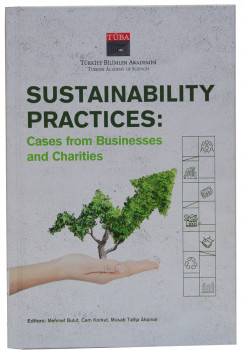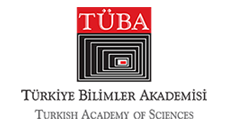Which Ethics Prevail For Sustainability: Discussions On Capitalism And Islamic Moral Values

Which Ethics Prevail For Sustainability: Discussions On Capitalism And Islamic Moral Values
The current global financial order and accompanying crisis are the result of neo-classical, capitalist economic system. The nature of this financial order has proven to be unstable and create crises in different types and locations with a global or regional domino effect. Not only that but also the current educational system in which economics is consider only the values of the capitalist economic system as a given truth under the brand of value-free objective economics. However, profit maximization for the corporations and utility maximization for the individuals are at the heart of every macro and micro economic and socio-political decision-making process. The environment or a sustainable earth has not been the concern of such approach until recently. Sustainability is a term that was under discussion long before the United Nations’ 2030 target for sustainability. This paper argues that without a proper applied moral value in the global economy, the key performance indicators for sustainability will not be possible to reach. Furthermore, running the global order with the same crisis-creating economic order without changing the underlying moral values might cause some other problems. This paper discusses the ethical issues surrounding the sustainability and Islamic moral values and hypothesizes that Islam has an embedded ethical framework which is beyond any other moral framework of current economic theories. This paper also highlights the importance of having a fundamental change in teaching of economics and other disciplines to include moral values in order to help changing the approach of stakeholders to reach a sustainable economic growth.
